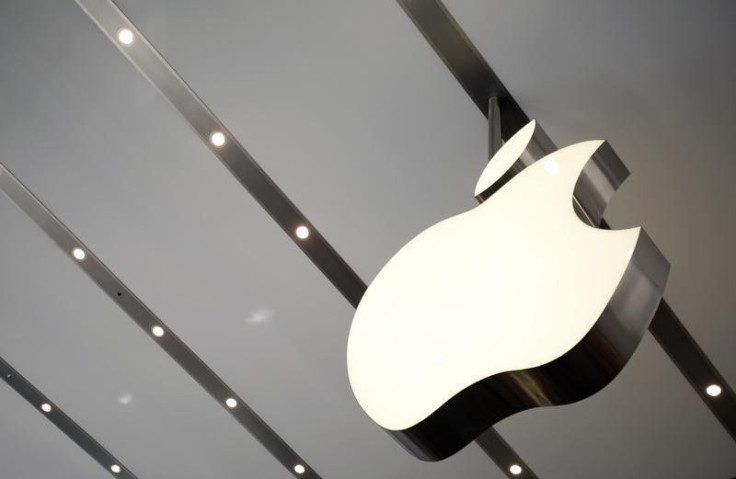Apple, FBI Start Investigation on Jennifer Lawrence Nude Photo Leak

Apple said on Monday, Sep 1 that it was in the process of investigating if multiple iCloud accounts had been violated to leak personal images of certain celebrities.
According to Apple spokeswoman Natalie Kerris, the company takes the issue of user privacy "very seriously." She said that Apple was "actively investigating" the report of the leaked images. Leaked nude photos of major Hollywood actresses had emerged online due to an alleged security flaw in Apple's iCloud settings.
Celebrities whose photos are allegedly leaked online include Lea Michele, Ariana Grande, Mary Elizabeth Winstead and Kate Upton. While some of the graphic photos were claimed to be fakes, Academy Award winning actress Jennifer Lawrence's spokesperson confirmed that her leaked photos were real. Around 60 graphic photos and videos of JLaw were allegedly hacked from her iCloud account. The photos were first posted on 4Chan, a photo-sharing community.
The FBI, meanwhile, issued a statement which said that it was addressing allegations of stealing and leaking private nude photos of various female celebrities. The federal agency, however, did not give any details how it would proceed with the investigation. This is not the first time that the FBI has been involved in the investigation of leaked celebrity photos. It dealt with leaked photos of celebrities like Mila Kunis, Christina Aguilera and Scarlett Johansson. A man was sentenced to 10 years for leaking private photos of Kunis and Johansson.
According to security experts, the hacking could have been prevented if those celebrities had "two-step verification" enabled on their iCloud accounts. Recode reported that Mandiant researchers examined available evidence and came to the conclusion that it was a "straightforward" hack. The director of threat research at FireEye, Darien Kindlund, said that Apple did not make it easy for its users to take advantage of the verification process. "In general Apple has been a little late to the game in offering this kind of protection, and doesn't advertise it," Kindlund said. "You have to dig through the support articles to find it."
The Next Web earlier reported that iBrute software could be responsible for the hack. The software on GitHub is apparently capable of launch automated hacks on Apple iCloud accounts. The hacker has to guess passwords to hack an account. Apple allows unlimited number of guesses for a forgotten password. This may also have helped the hacker steal private images from those accounts.
Contact the writer: s.mukhopadhyay@ibtimes.com.au





















